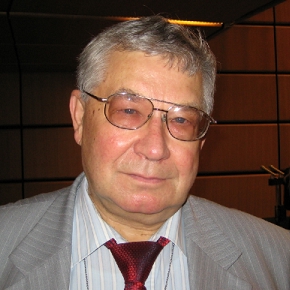 |
||
|
Russian Prime Minister Says Budget Plan for 2015 Should Reflect Western Sanctions RIA Novosti, PUBLISHED 05.08.2014 Russia’s 2015 draft budget and the budget plan for 2016-2017 should be balanced to reflect Western sanctions imposed on Russia over Ukraine, the country's Prime Minister Dmitry Medvedev said Tuesday. “This work should produce a realistic and balanced budget, a budget that takes into account the current state of affairs in the Russian and global economy, including the negative effect of the sanctions that are currently being imposed on certain companies and are de-facto against the whole country,” the prime minister said at a meeting to discuss Russia’s draft 2015 budget. The third round of economic penalties limited Russian state-owned financial institutions' access to EU capital markets, imposed an embargo on trade in arms, established an export ban for dual-use goods for military end users, and curtailed Russian access to sensitive technologies, particularly in the oil sector. Moscow has repeatedly said the measures are counterproductive, and warned they will hurt Europe no less than Russia. Topics: Russia Other news: Ex-TEPCO Executives to Face Criminal Charges Over Fukushima Disaster The decision of the 11-member public panel concerns Tsunehisa Katsumata, chairman of TEPCO at the time of the disaster, and two former vice presidents – Sakae Muto and Ichiro Takekuro. Russian, Chinese Companies Sign Memorandum to Build Floating Nuclear Plants The memorandum was signed by Dzhomart Aliev and CNNC New Energy President Tianlin Qian. Construction of Brand New US Nuclear Plants Hampered AP agency reports on a number of quality and cost problems that now cast doubts about if the nuclear energy would ever dominate other electricity sources. |
Hero of the day 
The ISTC Responsible Science Program and Subprogram Culture of Nuclear Nonproliferation The dual-use nature of nuclear technology consisting in the potential for its application equally in peaceful and military sphere is the basic contradiction for the existing nuclear nonproliferation regime and comprehensive development of the nuclear power and nuclear fuel cycle. INTERVIEW
Jerry Hopwood OPINION
Joint Plan of Action |

